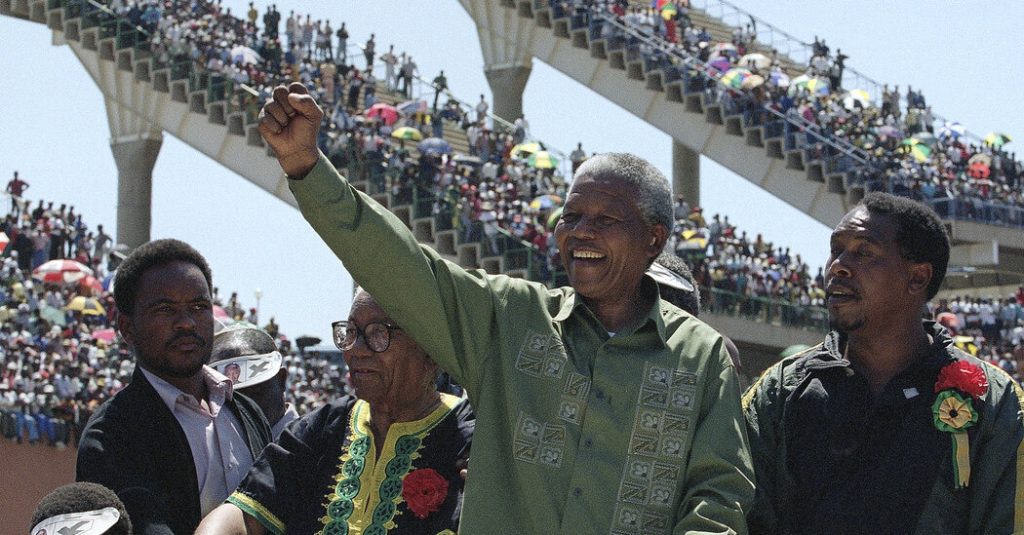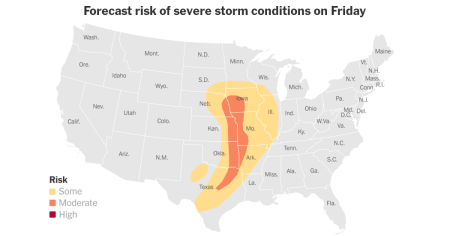Thirty years ago, South Africa held its first election in which Black South Africans were able to cast ballots, leading to the end of the apartheid regime and the inauguration of a democratic government led by Nelson Mandela. Mandela’s vision of prosperity for Black communities through access to wealth, land, and resources, however, has not been fully realized. Racial disparities in employment, education, and income remain significant, with many Black South Africans still lacking basic necessities like electricity and water.
Despite these challenges, South Africa has made remarkable progress since the end of apartheid. The country’s constitution, drafted after apartheid, enshrines equal rights for all citizens, and South Africa has held peaceful and credible democratic elections since 1994. The political arena is now more diverse, with a record 52 parties on the national ballot for the upcoming election. In many places, there is a sense of inclusive joy and vibrant cultural scenes that were not possible under apartheid.
The economic situation in South Africa is mixed, with some progress in terms of Black South Africans living in households among the top earners. However, racial disparities persist, with white people still owning most of the land and big businesses. The legacy of apartheid continues to impact the country, with persistent corruption affecting state-owned companies like the power company and logistics providers. The enrichment of a small elite group of politically connected Black individuals has exacerbated economic inequalities.
As South Africa approaches another national election, frustration with the current state of affairs is growing. The ruling African National Congress (ANC) may lose its majority in Parliament for the first time since full democracy began in 1994. Voters now have the freedom to choose and hold leaders accountable, a crucial aspect of a functioning democracy. The country, like others with a history of racial oppression, grapples with how to undo centuries of economic inequity.
While challenges and divisions remain, South Africa’s future is in the hands of its citizens. The upcoming election represents an opportunity for change and a shift in power dynamics. The country has come a long way since the end of apartheid, but much work remains to fully realize Nelson Mandela’s vision of a prosperous and equal society for all South Africans.














